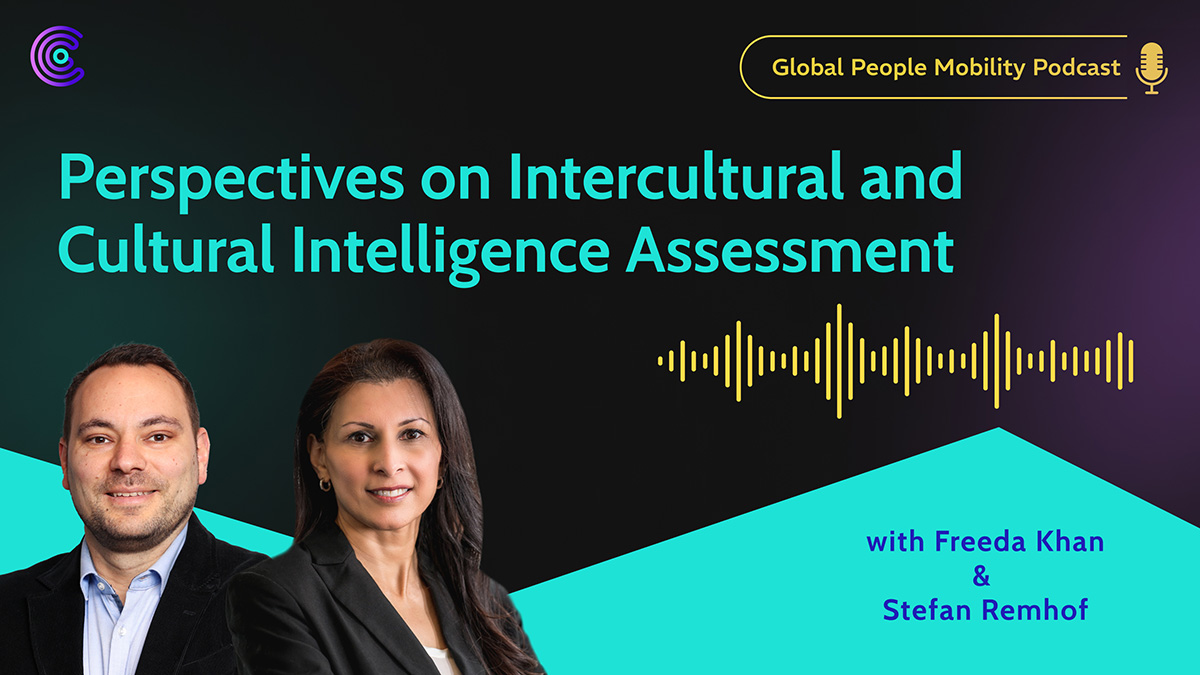
Key Takeaways:
- Intercultural Competence Fundamentals: It encompasses knowledge, skills, and attitudes essential for thriving in diverse cultural contexts.
- Assessment Tools Matter: Tailored tools are critical for evaluating intercultural competence and aligning them with specific roles and purposes in HR.
- Global Mindset for Leadership: Modern leaders must embrace a global mindset to navigate the complexities of a connected world.
- Cultural Intelligence Dimensions: Effective intercultural navigation relies on cognition, metacognition, motivation, and behaviour.
- Adapting for the Future Workforce: Organizations must prioritise intercultural competence to remain competitive and meet the demands of an increasingly diverse workforce.
Authors:
Freeda Khan is a PhD candidate, instructor, lecturer, and passionate advocate for the internationalisation of higher education to develop intercultural competence and cultural intelligence in graduates today.
Stefan Remhof is Managing Partner of the People Mobility Alliance and Professor of International Management at IU International University. He has profound expertise in the fields of global mobility, expat management and international assignments.





